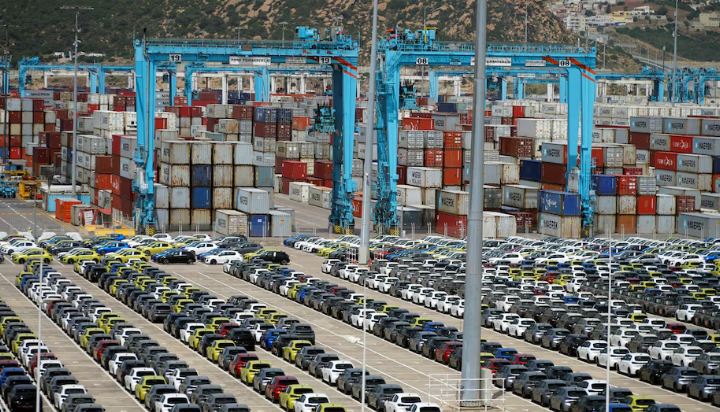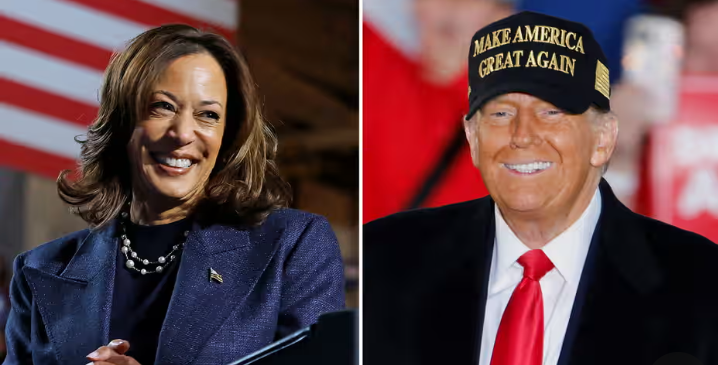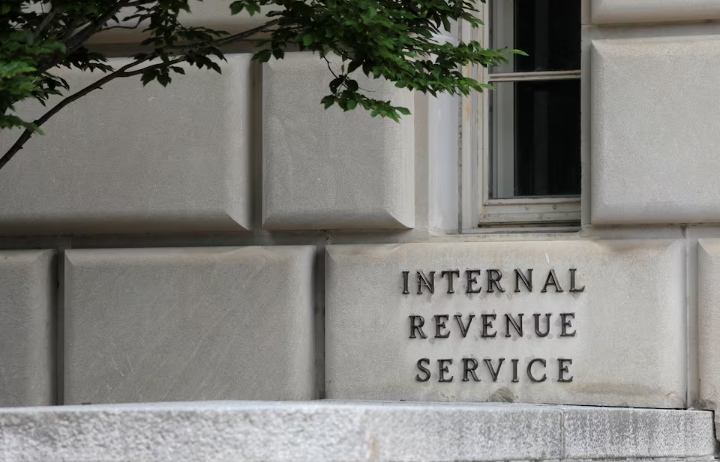In a move that has sent shockwaves through global markets, President Donald Trump announced a 25% tariff on imported cars and certain automotive parts, effective April 2. Citing national security concerns, the administration aims to bolster domestic manufacturing and reduce reliance on foreign auto production. This decision has been met with swift criticism from international leaders and industry stakeholders who fear significant economic repercussions.
Canadian Prime Minister Mark Carney condemned the tariffs as a "direct attack" on Canadian autoworkers and pledged to defend them. The European Union also expressed strong opposition, warning of immediate retaliatory measures if the tariffs are imposed. German automotive leaders highlighted the detrimental impact on their industry, emphasizing the disruption to global supply chains and potential job losses.
The announcement has already affected financial markets, with shares of major automakers such as General Motors, Ford, and Tesla experiencing notable declines. Foreign manufacturers, including BMW and Volkswagen, also saw their stock prices tumble. Analysts predict that these tariffs could lead to increased production costs, higher consumer prices, and a potential restructuring of global automotive operations.
Industry experts warn that the tariffs may not achieve the intended boost to domestic manufacturing. The complexity of modern automotive supply chains means that many U.S.-assembled vehicles rely on imported components. Implementing such tariffs could disrupt production and lead to unintended economic consequences, including potential job losses in the U.S. auto sector.
As the April 2 implementation date approaches, the international community watches closely. The potential for a full-scale trade war looms, with countries poised to enact countermeasures in response to U.S. policies. The coming weeks will be critical in determining whether diplomatic negotiations can avert escalating economic conflicts and stabilize global markets.





